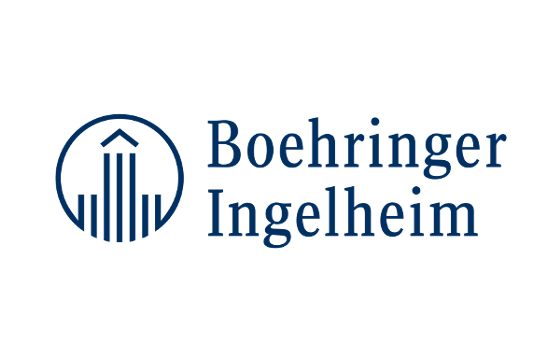 Boehringer Ingelheim (Canada) Ltd. and IBM Canada announced at the Healthcare Information and Management Systems Society (HIMSS) conference in Orlando, Florida, their plans to explore the use of blockchain technology in clinical trials. This collaboration underscores Boehringer Ingelheim's commitment to healthcare innovation and marks the first time that blockchain technology will be explored in a clinical trial setting in Canada.
Boehringer Ingelheim (Canada) Ltd. and IBM Canada announced at the Healthcare Information and Management Systems Society (HIMSS) conference in Orlando, Florida, their plans to explore the use of blockchain technology in clinical trials. This collaboration underscores Boehringer Ingelheim's commitment to healthcare innovation and marks the first time that blockchain technology will be explored in a clinical trial setting in Canada.
Based on the findings of regulatory authorities, processes to ensure the quality of clinical trials are frequently inadequate, and clinical trial records are often erroneous or incomplete, which may put patient safety and interpretability of trials at risk.
Significant opportunity exists to improve the quality of clinical trial processes and record keeping. Boehringer Ingelheim (Canada) Ltd. and IBM Canada aim to test whether blockchain technology in clinical trials provides a decentralized framework that enables data integrity, provenance, transparency, and patient empowerment as well as automation of processes, ultimately improving trial quality and patient safety at reduced cost.
"Our guiding philosophy is to bring value to patients and the healthcare system through innovation," said Dr. Uli Brödl, Vice President, Medical and Regulatory Affairs, Boehringer Ingelheim (Canada) Ltd. "The clinical trial ecosystem is highly complex as it involves different stakeholders, resulting in limited trust, transparency and process inefficiencies without true patient empowerment. Patients are at the heart of everything we do, so we are looking into novel solutions to improve patient safety and empowerment."
IBM Canada brings core blockchain technologies to this collaboration which provides patient consent, secure health data exchange and patient engagement. IBM's technology helps provide trust and transparency around the complex trial process.
"IBM is excited to collaborate with Boehringer Ingelheim to explore how blockchain technology could help improve the quality of clinical trials," said Claude Guay, General Manager, IBM Services, IBM Canada. "We've been using blockchain in other industries, and we are now investigating how we can use this technology to give Canadian patients the same level of security and trust when it comes to their personal health information."
By collaborating with leaders in other sectors to devise solutions that benefit patients and our healthcare system, Boehringer Ingelheim (Canada) Ltd. continues to spearhead innovation and pave the way for future cross-stakeholder collaborations and partnerships.
About Boehringer Ingelheim (Canada) Ltd.
Improving the health and quality of life of patients is the goal of Boehringer Ingelheim, a research-driven pharmaceutical company. In doing so, the focus is on diseases for which no satisfactory treatment option exists to date. The company therefore concentrates on developing innovative therapies that can extend patients' lives. In animal health, Boehringer Ingelheim stands for advanced prevention.Family-owned since it was established in 1885, Boehringer Ingelheim is one of the top 20 companies in the pharmaceutical industry. Some 50,000 employees create value through innovation daily for the three business areas: human pharmaceuticals, animal health and biopharmaceuticals. In 2017, Boehringer Ingelheim achieved net sales of nearly 18.1 billion euros. Research and development expenditure, exceeding three billion euros, corresponded to 17.0 per cent of net sales.
As a family-owned company, Boehringer Ingelheim plans in generations and focuses on long-term success, rather than short-term profit. The company therefore aims at organic growth from its own resources with simultaneous openness to partnerships and strategic alliances in research. In everything it does, Boehringer Ingelheim naturally adopts responsibility towards mankind and the environment.
The Canadian headquarters of Boehringer Ingelheim was established in 1972 in Montreal, Quebec and is now located in Burlington, Ontario. Boehringer Ingelheim employs approximately 600 people across Canada.
About IBM Canada
IBM Canada is headquartered in Markham, Ontario and is one of Canada's top ten private R&D investors. IBM has a unique approach to collaboration that provides academic researchers, small and large business, start-ups and developers with business strategies and computing tools they need to innovate. IBM is the leader in open-source blockchain solutions built for the enterprise. As an early member of Hyperledger and active contributor to the Hyperledger Fabric and Stellar blockchain projects, IBM is dedicated to advance cross-industry blockchain technologies supporting the development of openly-governed transactional business networks.